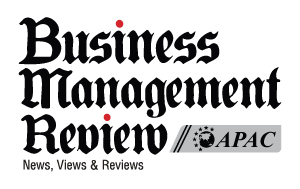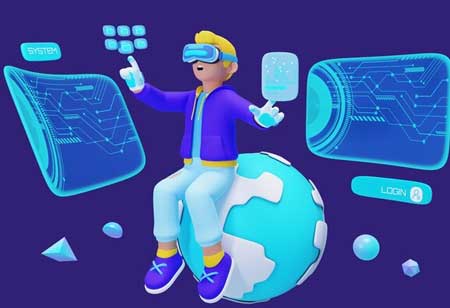Thank you for Subscribing to Business Management Review Weekly Brief
I agree We use cookies on this website to enhance your user experience. By clicking any link on this page you are giving your consent for us to set cookies. More info
Leveraging AI for Smarter Procurement
AI is revolutionizing procurement by automating data analysis, reducing costs,
By
Business Management Review | Wednesday, January 15, 2025
AI is revolutionizing procurement by automating data analysis, reducing costs, and improving inventory management, but data integrity is crucial. Procurement leaders should invest in AI strategy.
FREMONT, CA: In the contemporary procurement landscape, artificial intelligence's transformative potential transcends theoretical speculation; it stands as a definitive game-changer, offering palpable advantages. Rather than approaching AI with trepidation, procurement professionals are encouraged to view it as a strategic asset.
Amidst escalating workloads and largely stagnant staffing levels, AI transcends its role as a mere tool, emerging as a force multiplier for procurement specialists. Each organization possesses unique pain points where AI can deliver substantial value. For instance, AI expedites the classification of combined expenditures in scenarios such as consolidating companies with disparate data systems. This task traditionally consumed months of meticulous manual labor.
Stay ahead of the industry with exclusive feature stories on the top companies, expert insights and the latest news delivered straight to your inbox. Subscribe today.
Critical procurement functions, including data analysis and report generation, often entail arduous processes reliant on extensive spreadsheet manipulation. AI-driven solutions like Microsoft Power BI, Adobe AI Assistant, and Gemini for Google Workspace offer cost-effective means to enhance efficiency and productivity by automating data analysis tasks. Similarly, AI tools such as ChatGPT, Microsoft CoPilot, and Grammarly streamline internet research, providing concise summaries to inform strategic decision-making.
Retail supply chains grapple with inventory management challenges, which AI addresses through predictive demand forecasting models and drone-enabled inventory audits. These processes replace labor-intensive manual processes with swift and accurate alternatives. Likewise, logistics companies benefit from AI-driven route optimization software, which minimizes fuel consumption and carbon emissions while improving delivery schedules.
Ensuring data integrity is crucial for the efficacy of AI applications, as exemplified by financial institutions leveraging AI for fraud detection through rigorous data governance and real-time transactional analysis. Furthermore, fostering a culture of continuous learning through targeted training programs enables organizations to adapt to the evolving AI landscape, enhancing workforce skills and innovation potential.
Examples and Impact
Quantifying AI's benefits in Procurement is paramount. Real-world instances showcasing tangible improvements are crucial, emphasizing metrics such as cost savings, processing time reduction, and enhanced supplier performance. These examples illuminate the practical advantages AI can offer within procurement processes.
Additionally, focusing on specific industries amplifies the relevance of AI applications. Tailoring examples to diverse sectors, such as contrasting the impact of construction procurement versus pharmaceutical procurement, underscores the nuanced effects of AI across various fields.
Call to Action
Procurement leaders are urged to formulate an AI strategy tailored to their objectives. Aligning this strategy with overarching procurement goals and pinpointing precise use cases where AI can yield optimal value is imperative for success.
Furthermore, investing in comprehensive training programs is essential. Educating procurement professionals on effective AI utilization and imparting a nuanced understanding of its capabilities and limitations ensures efficient integration and maximizes the potential benefits of AI within procurement workflows.
The symbiotic relationship between humans and machines is exemplified in procurement processes, where AI algorithms facilitate contract review and risk identification, complementing procurement professionals' strategic insights and negotiation acumen. Organizations can centralize control, mitigate risks, and optimize contract management practices by implementing AI-driven contract data extraction and lifecycle management.
By embracing AI as a strategic facilitator and leveraging it judiciously, organizations can enhance operational efficiency, mitigate risks, and capitalize on new growth prospects. With the appropriate mindset and tools, procurement professionals can adeptly navigate the AI-powered terrain, achieving remarkable outcomes.
More in News






